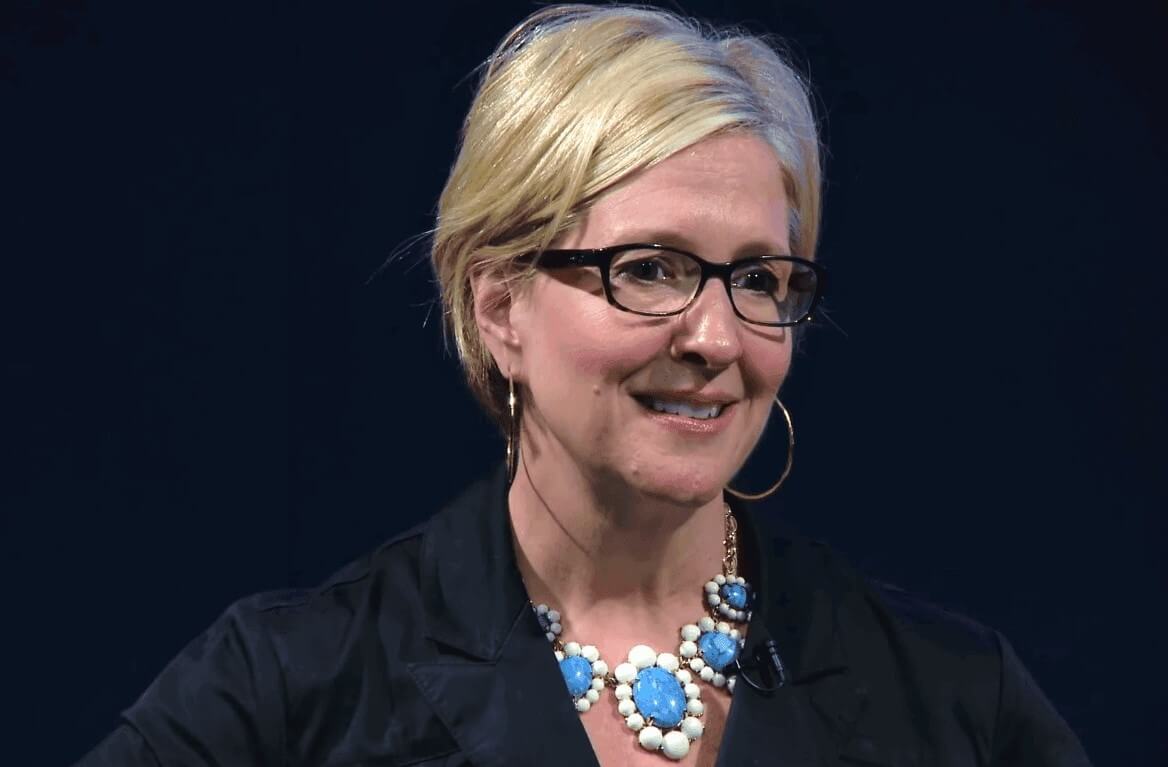“Empathy fuels connection while sympathy drives disconnection.” “Empathy is I’m feeling with you. Sympathy, I’m feeling for you.” These are some thought-provoking insights shared by the best-selling author Dr. Brené Brown in her 2013 RSA talk, The Power of Vulnerability.
In this talk, she deconstructs the difference between empathy and sympathy.

Empathy
Dr. Brown cites a scholar named Theresa Wiseman who came up with 4 qualities of empathy. Here are the qualities in the words of Dr. Brown [emphasis mine]:
“(1) Perspective taking — the ability to take the perspective of another person or recognize their perspective is their truth. (2) Staying out of judgment — not easy when you enjoyed it as much of us do. (3) Recognizing emotion in other people. (4) And in communicating that.”
I understand it this way: When we empathize, we don’t see that person as unlucky or someone who made poor choices in life, but rather a flawed individual like us.
In other words, you put yourself in their position and try to connect by unearthing your similar experiences.
Dr. Brown continues [emphasis mine]:
“Empathy is a choice and it’s a vulnerable choice. Because in order to connect with you, I have to connect with something in myself that knows that feeling.”
Empathy is a choice — it’s not our default setting. That’s why it’s hard to empathize. It takes hard work, practice, and changing of the mind.
Sympathy
When we sympathize, we don’t take their perspective, we just feel sorry for them. We don’t connect on a deeper emotional level, we only react to what they feel. It’s usually our default feeling towards people.
How did you respond when your friends shared their emotional pain with you? Perhaps you offer solutions and say something like, “everything happens for a reason,” or, “at least you’ve tried.”
We say that because we hope things to get better. We try to make them see the positive side and hopefully move on.
Though nothing’s wrong with positivity or million other things about overcoming adversities, what actually make things better, as what Dr. Brené Brown emphasized isn’t a response, but connection.
“The truth is, rarely can a response make something better. What makes something better is connection.”
Empathy is Connection
Connection makes us feel good. It may not solve the entire problem, but it can for sure, lighten that emotional baggage.
To be able to connect, however, we need to empathize — take others’ perspectives and recognize emotions without judging.
Think about it. What would it be like if more people empathize every day?
There would be fewer blames, perhaps, as most people can see the perspective of others. Fewer judgment as most people understand each other on a deeper level. Fewer misunderstandings as most people can recognize others’ emotions and can communicate with that. And so on.
That’s the power of empathy. And that, I believe, can be a catalyst to improve our relationships, our lives, our society, our world.
Empathize. Connect. Take perspectives. Recognize emotions. And most importantly, don’t judge.
Here’s a link to the animated video about the difference between empathy and sympathy — presented by the RSA, animation by Katy Davis.
